In film history, the 2010s will likely be headlined as the age of the shared universe. The success of the Marvel Cinematic Universe at the time inspired nearly every studio in Hollywood to attempt their own interconnected franchise.
However, before all this, it was Universal Studios who first originated the idea of a shared universe when they premiered the Universal Monsters brand in the 1930s. What started out as a slew of stand-alone genre mash movies turned into a series of crossover flicks that showcased meet and greets between the various monsters in their arsenal. The series was highly popular, so much so that their very images are the iconic ones we often still picture to this day. These films and these characters (from Dracula and Frankenstein to the Wolf Man, the Invisible Man, and even the Mummy) still speak to audiences decades later.
Updated April 27th, 2023: If you're a fan of The Dark Universe, you'll be glad to know this article was recently updated by Amanda Minchin.
In light Marvel's success, it made sense that Universal Pictures would once again attempt to shape the various monsters in their intellectual stores into a new shared universe. The plan was set in motion in what came to be known as The Dark Universe.
While technically The Dark Universe began with the unceremonious kick-off of 2014's Dracula Untold, it was not until the release of The Mummy in 2017 starring Tom Cruise that things really began to take shape.
The gamble seemed a sure-fired bet from the start. After all, The Mummy franchise had already been successfully rebooted once into a profitable franchise nearly twenty years earlier. Now with arguably one of the biggest action stars on the planet, Tom Cruise, in tow, Universal Studios moved full steam ahead on their plans for a new franchise. They created a special logo, unveiled a publicity photo highlighting the movie star talent they had acquired to man the series, and set The Mummy up for success with a prime summer release date. Everything seemed ready to go for the first installment... but once audiences saw The Mummy everything changed.
After its premiere, the film received negative reviews from critics and audiences alike. It came in at number two during its opening weekend at the box office behind Wonder Woman, which was already in its second weekend. The Mummy made only $80 million domestically (a total that was slightly softened by its $409 million worldwide haul).
After this lingering failure, it appeared that plans for The Dark Universe had died before they even began.
Universal spent the rest of the summer trying to salvage the franchise, but by the end of the year, it was clear that audiences had moved on. Instead of trying to resurrect it further, Universal cut their losses and, for the most part, moved on.
Lucky for us, Universal Pictures released a slew of details about their plans for The Dark Universe in the lead up to The Mummy. While the shared universe did not happen as planned, we can still gleam from this not just what could have been, but what might still be from these headlines. Here is a breakdown of all the canceled films in Universal's Dark Universe.
Channing Tatum as Van Helsing
In 2004, Universal attempted to relaunch their classic monsters brand with the film Van Helsing. They brought on The Mummy and The Mummy Returns director Stephen Sommers in hopes of recapturing that magic for Dracula, Frankenstein, and the Wolfman. Despite a massive marketing push and the star power like Hugh Jackman and Kate Beckinsale, the movie turned out to be a box office disappointment.
However, Universal appeared interested in revisiting the idea for The Dark Universe. In 2012, it was reported that the studio was considering a reboot alongside The Mummy in the early stages of what would become the shared universe. Tom Cruise was initially set to play the role of Van Helsing before he moved over to The Mummy. By the time 2017 rolled around, it was reported that Universal Pictures was eyeing Channing Tatum for the part. Just a few months later Universal scrapped their original Dark Universe plans and their Van Helsing adaptation along with it.
Luke Evans in Dracula Untold 2
Dracula Untold was initially intended as an introduction to the Dark Universe, but it was released far too early to be considered part of the official cannon. Plans for a sequel in the form of Dracula Untold 2 have been repeatedly replaced by potential incoming Dark Universe content.
This original historical epic ended up becoming a stand-alone film instead, one that could later be re-introduced alongside the since scrapped Van Helsing. New scenes with Charles Dance's Master Vampire were even shot in hopes of setting him up as a connecting character, akin to Agent Coulson or Nick Fury in the Marvel Universe.
For what it's worth, the first film certainly left a clear setup for a sequel. Luke Evans, who played the titular character, has since stated he would be open to reprising the role. Unfortunately for him, several new Dracula projects have been announced in recent years, including a space western version helmed by Chloé Zhao ... and that's in addition to Renfield, which was just released this April. As such, the likelihood of a sequel continues to diminish as more time and projects pass.
Russell Crowe as (both) Dr. Jekyll and Mr. Hyde
Debuting in 1913, Dr. Henry Jekyll of Dr. Jekyll and Mr. Hyde is considered perhaps one of the first Universal Movie Monsters (though that title technically goes to his alter ego, Edward Hyde). At the time, Universal was known as The Universal Film Manufacturing Company, Incorporated, a name that would soon be shortened to the one that moviegoers know and love today.
While he has undergone many iterations since then (including a pre-Code 1931 classic by MGM), this latest iteration held a prominent role in The Mummy. Based on the Gothic novella by Robert Louis Stevenson of Treasure Island fame, in this iteration the titular character was played by Russell Crowe in what was clearly intended as a precursor to his very own film (or, at the very least, a recurring character throughout The Dark Universe). In this version, Dr. Henry Jekyll kept his inner Mr. Hyde at bay through quarterly injections every four hours.
Unfortunately, there proved no cure for the rejuvenation of his character following The Mummy's flop.
Johnny Depp's Invisible Man
Universal Pictures had been in the process of developing a new version of The Invisible Man since at least 2006. The project truly picked up steam in February 2016 when Johnny Depp signed on to play the title character. Screenwriter Ed Solomon of Men in Black was set to pen the script.
At the same time, it was also confirmed that The Invisible Man would be set within the upcoming shared universe. Depp was seen in the Dark Universe publicity photo released in 2017 alongside The Mummy costars Tom Cruise and Sofia Boutella. The photos also featured Russell Crowe, as well as Javier Bardem, who had signed on to play Frankenstein's monster.
However, the combination of The Mummy's box office disappointment and troubling headlines surrounding Depp and his divorce from star Amber Heard resulted in the project ultimately being scrapped. It was eventually reworked into the smaller stand-alone version released in 2020 by producer Jason Blum, a feminist horror modern classic that went on to gross $143.1 million worldwide. Other versions, including one helmed by producer, director, and actor Elizabeth Banks, are currently in the works.
Phantom of the Opera and Hunchback
While not as immediately iconic members of the Universal Monsters, both the Phantom of the Opera and the Hunchback are two more of Universal Picture's oldest movie monsters. Universal Pictures released two versions of The Phantom of the Opera, the first in 1925 starring Lon Chaney and a remake in 1943 starring Claude Rains. Meanwhile, Universal Pictures also released The Hunchback of Notre Dame in 1923, which also featured Lon Chaney as the titular monster.
While no official plans were made regarding these two projects, Dark Universe architect and The Mummy director Alex Kurtzman did name-drop both characters as monsters the franchise wished to explore.
Dwayne Johnson's The Wolfman
The Wolfman is part of the trinity of Universal movie monsters alongside Frankenstein and Dracula. Because of this, Universal Pictures had been working on a remake on this for years. They finally got their wish in 2010 with The Wolfman starring Benicio Del Toro. Unfortunately, the film at the time was a box office and critical disappointment.
The idea of a new, shared universe that would unite the various monsters brought new light to the concept, makingThe Wolfman once again a priority. While no release date was ever set for The Wolfman and no director ever signed on, it was rumored that Dwyane Johnson was the studio's top pick at the time. Johnson had previously played a Universal monster as The Scorpion King in 2001s The Mummy Returns and the spin-off film The Scorpion King.
Once The Dark Universe concept was scrapped, the project shifted to a stand-alone film, one which is luckily still set for production with Ryan Gosling in the lead role.
Creature from the Black Lagoon
Of all the Universal monsters, The Creature from the Black Lagoon has been the one that Universal Studios has had the most difficulty with over the years. Long before The Dark Universe plans were crafted, John Carpenter, Peter Jackson, and Ivan Reitman were all approached to helm a remake in the 90s. In 2002, Guillermo Del Toro signed on to direct it from the creature's point of view. While Del Toro was eventually let go from the project, he went on to turn the concept into his award-winning 2017 film The Shape of Water.
The hand of a Gil-Man-type creature can clearly be seen in The Mummy, setting it up for a future role in the would-be franchise. Rumors circulated that the studio was considering Scarlett Johansson for the lead role, and Will Beall was even hired to write the film. Unfortunately, the project has yet to move forward since the collapse of The Dark Universe.
Angelina Jolie as The Bride of Frankenstein
The Bride of Frankenstein is the film that was the closest to being made before the box office bomb of The Mummy derailed the whole series. The original script began in the 1870s, and transitioned to the would be Bride re-awakening in the present day.
David Koepp, the writer behind Jurassic Park and Indiana Jones and the Kingdom of the Crystal Skull, signed on to write the film in 2015. Bill Condon, hot off the box office hit of 2017's Beauty and the Beast, signed on to direct Bride of Frankenstein with a release date set for Valentine's Day 2019. The movie would star Angelina Jolie as the Bride of Frankenstein and Javier Bardem as Frankenstein's Monster.
Shortly before filming began in October 2017, production on The Bride of Frankenstein was delayed in order to work on the script, a move that was clearly in direct response to the critical and box office failure of The Mummy that summer. The production delay meant they might lose Jolie. In response, the studio was considering Gal Gadot to take over.
Despite meeting with production heads in 2018, the plans for the Dark Universe were scrapped and The Bride of Frankenstein became another high-profile project with a lot of headlines that never materialized.
Mina Harker
Perhaps less well known but equally prominent in the Dark Universe is the proposed Mina Harker of Dracula fame. In the original story, it is Harker's steadfast research that plays a pivotal role in cornering the monster. Her being nearly turned into a vampire herself serves as impetus for the story's other characters.
Karyn Kusama of acclaimed Jennifer’s Body and Yellowjackets fame was set to direct this modern reinterpretation by Blumhouse, who had already dabbled with characters from The Dark Universe in the past. This feminist take would have placed Mina (played by Jasmine Cephas Jones of Hamilton fame) in modern Los Angeles.
It came as quite a shock when the project was scrapped a mere three weeks from shooting in 2022. The joint venture between Miramax and Blumhouse was cut down because of creative differences between Kusama and Miramax. Sadly, this missed opportunity would have been a surefire bet as a follow-up to 2020s The Invisible Man.
Universal Pictures' plans for a united cinematic universe of their classic monsters could easily have died with The Mummy. Luckily, the studio has not given up on their classic monsters. The release of The Shape of Water, The Invisible Man and Renfield have proven that there is the formula for resurrecting The Dark Universe, one that lies in introducing stand-alone alone movies with fresh perspectives that are low on budget and high on character.
These films have paved a new path for the franchise, giving filmmakers smaller budgets and more room to freely reimagine these classic characters. By focusing on grounded interpersonal, or rather, interspecies relationships, these films have allowed their monsters to embrace the more human parts of their reality while also helping audiences to visualize them there.
The good news is that while Universal has been wary to officially announce The Dark Universe, Part Deux, monsters from this existing IP are being reconstructed for future programming all the time. Even if The Dark Universe is never officially resurrected, the hope for it can be kept alive so long as there are more Universal movie monsters on screen.
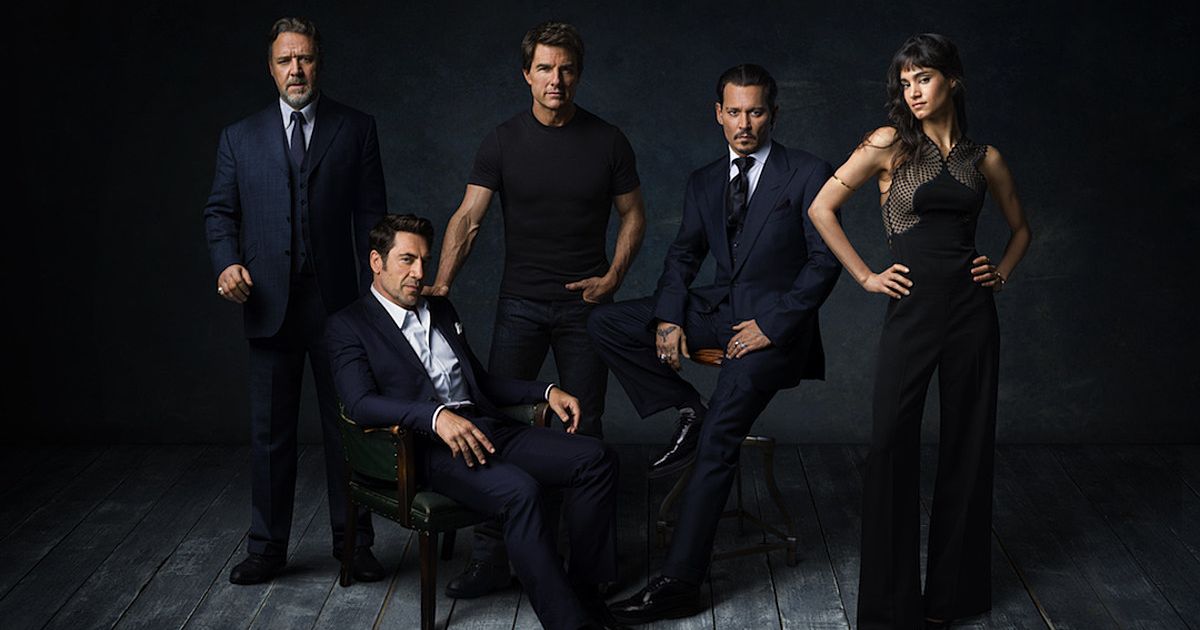
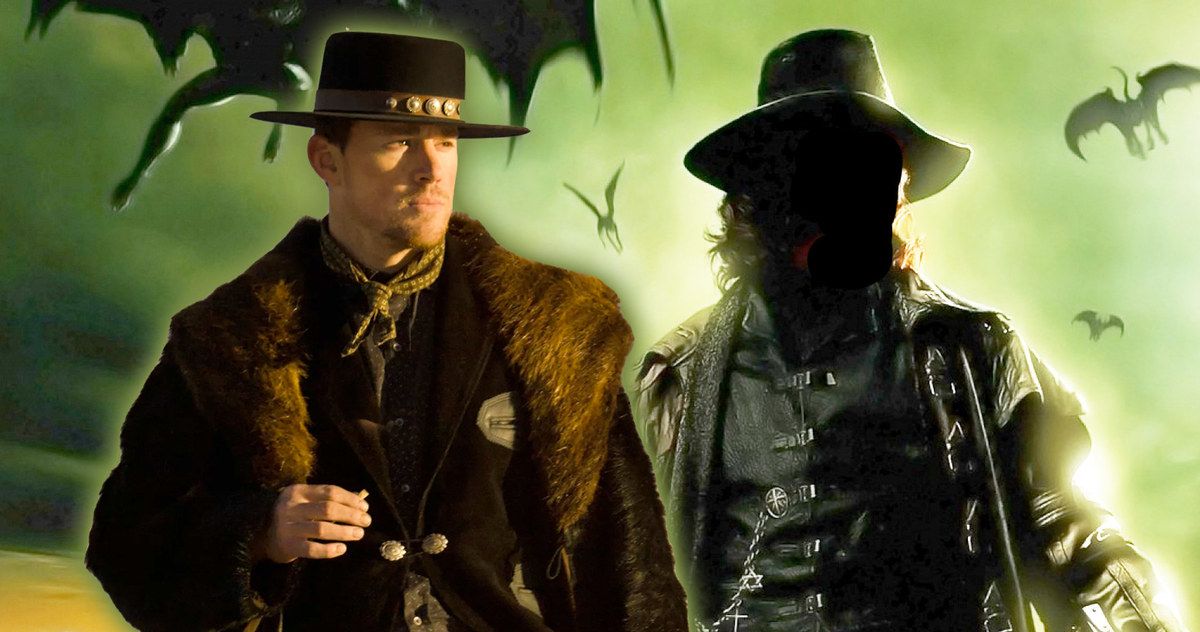
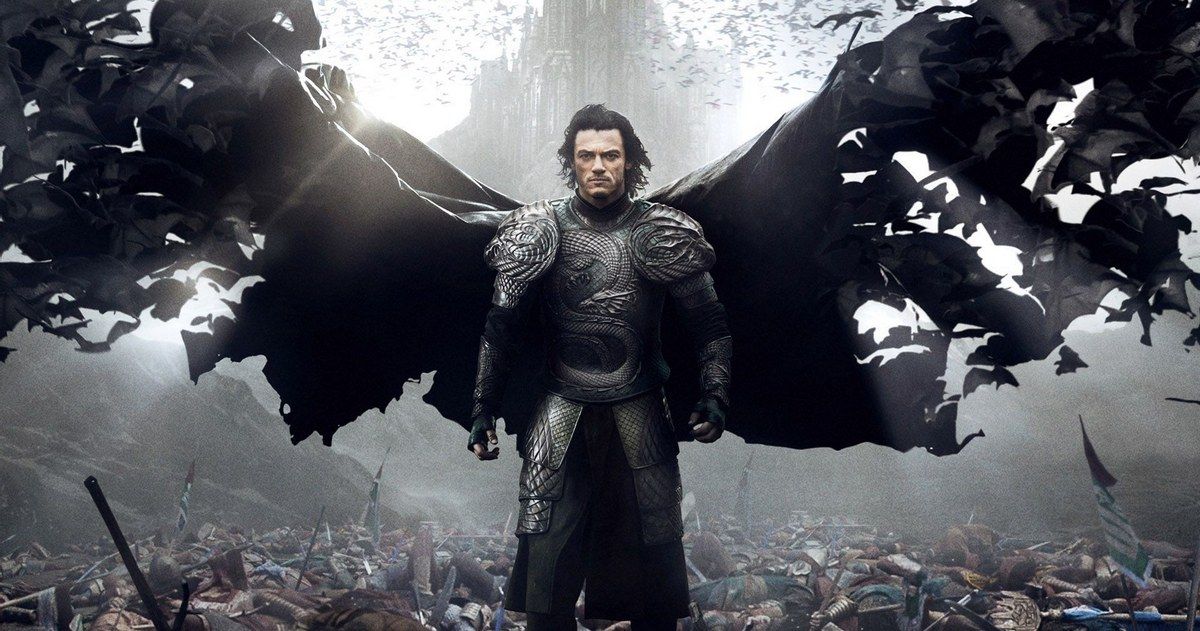
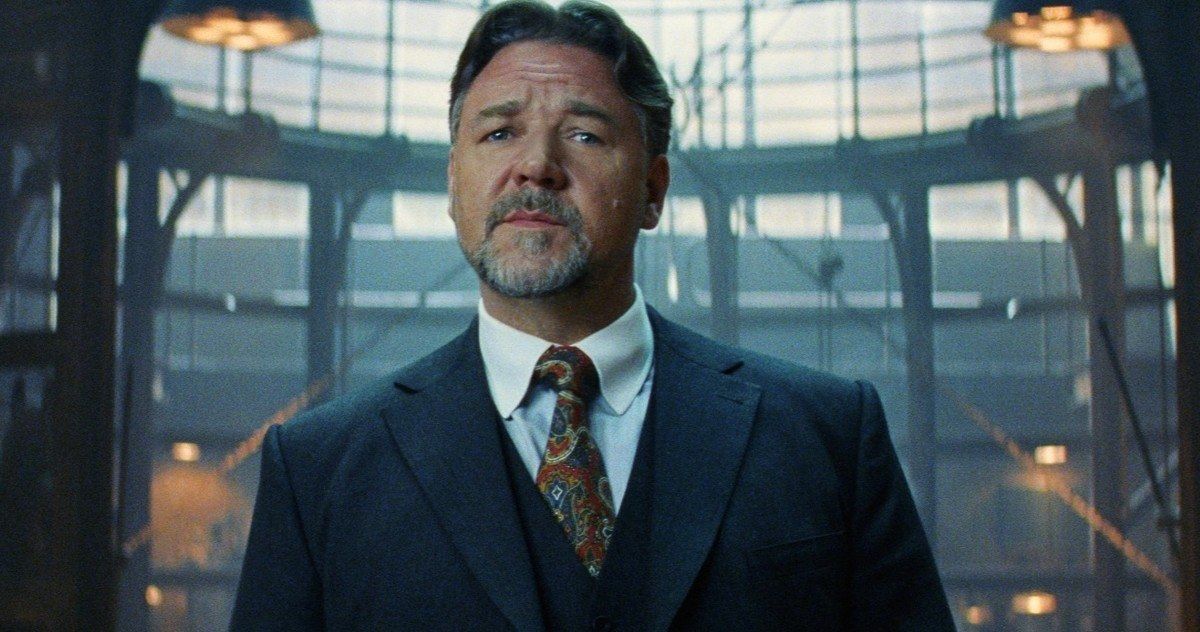
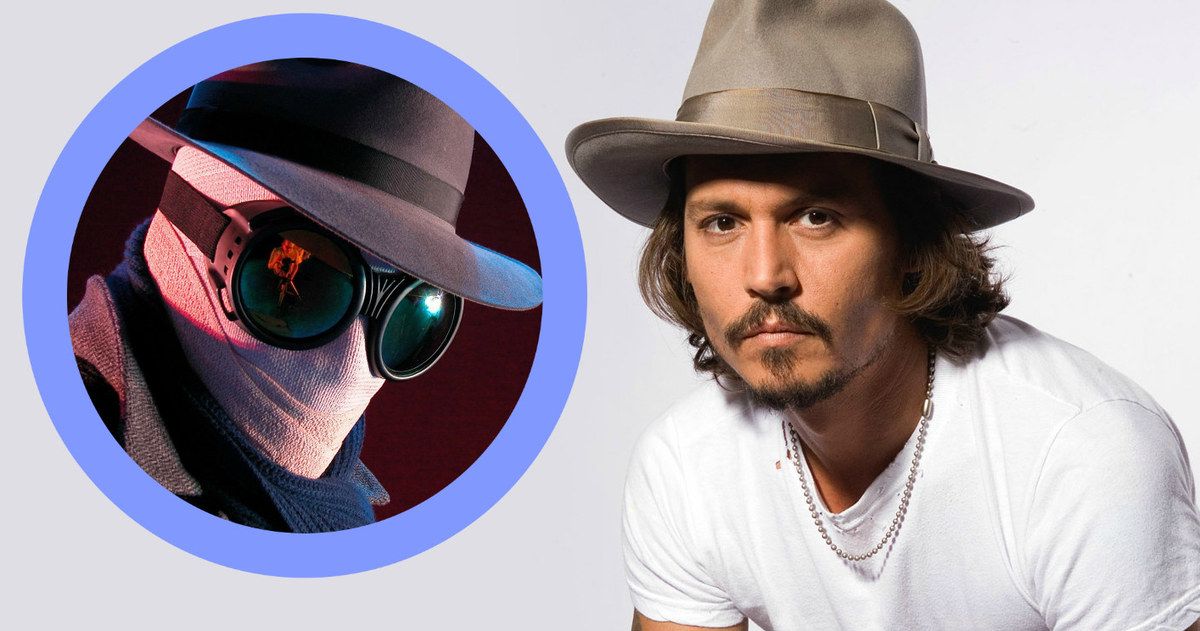
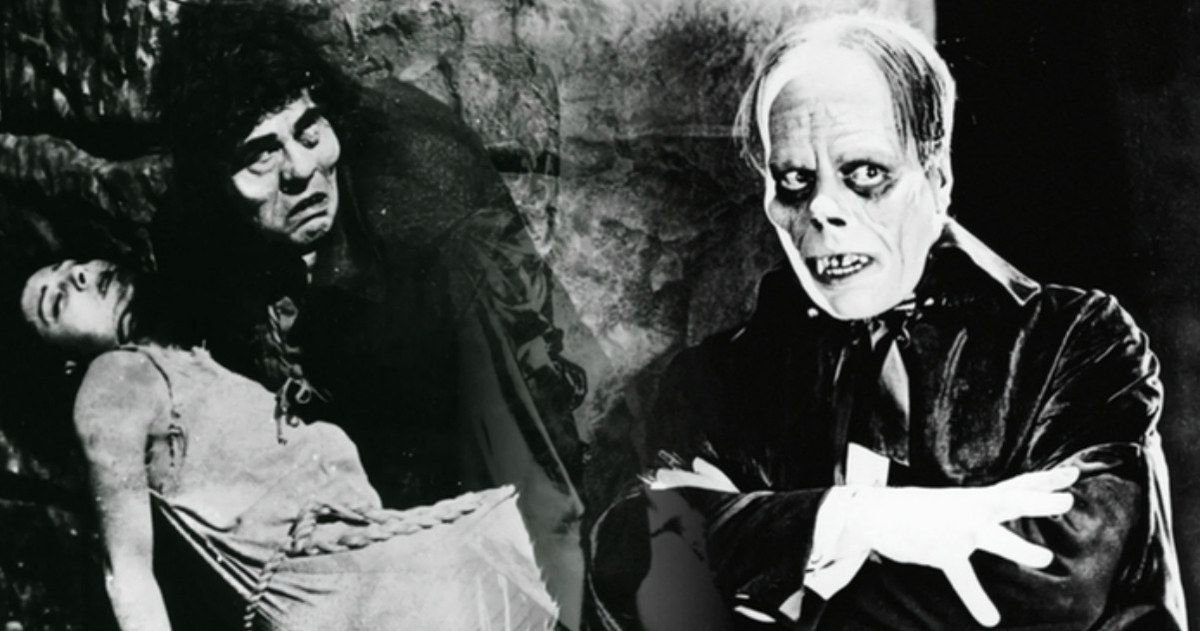
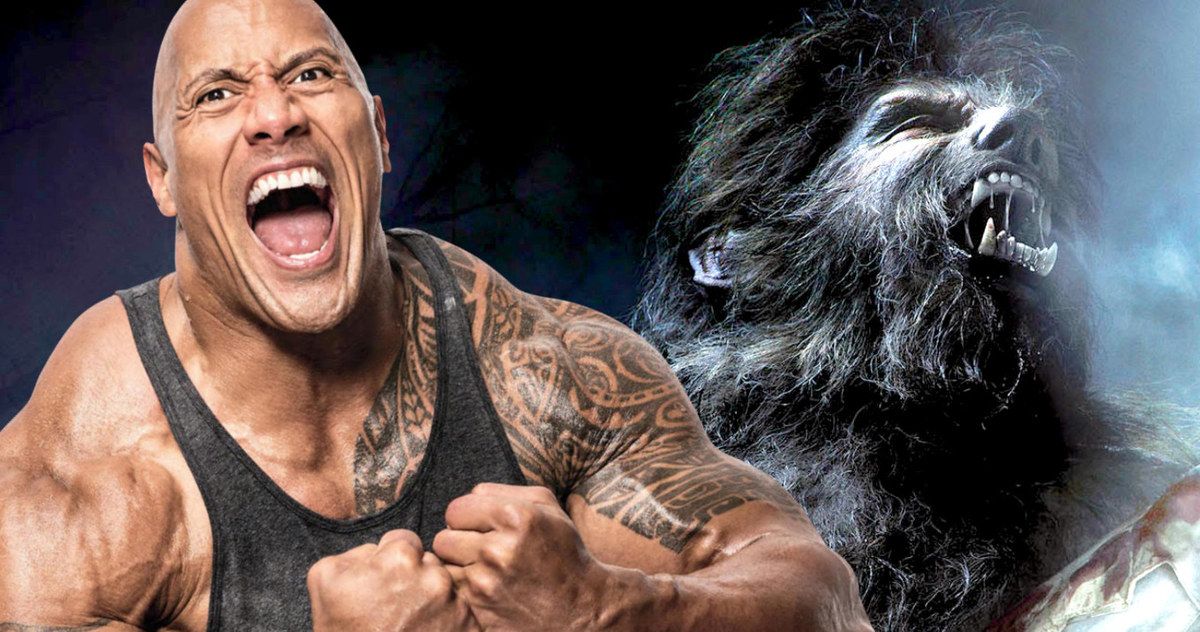
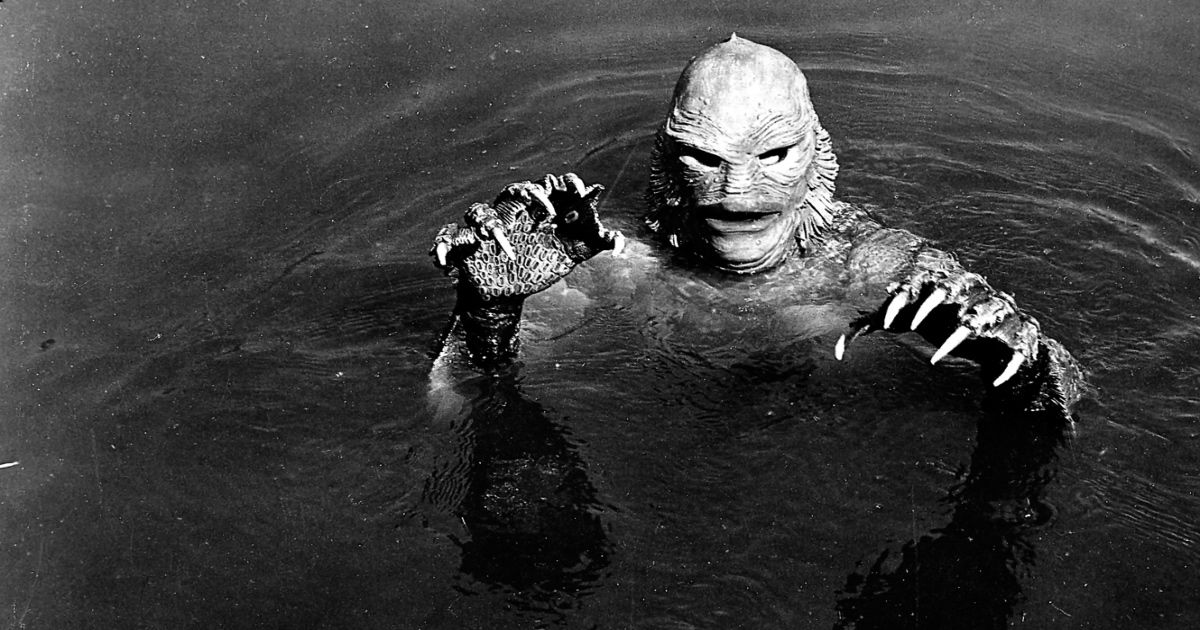

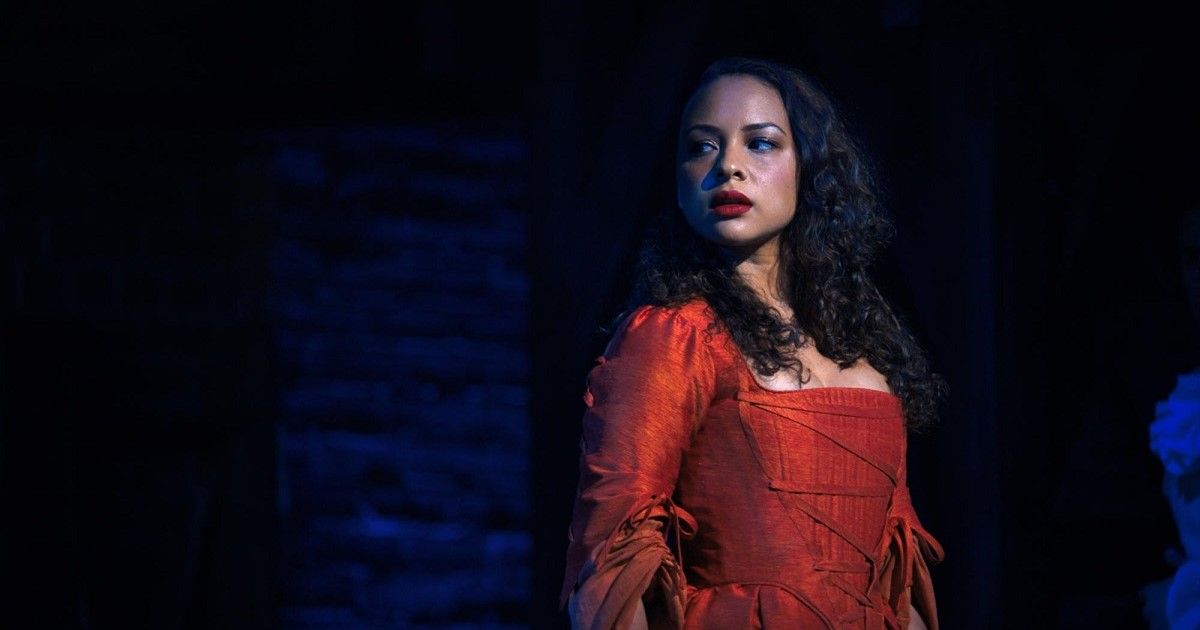
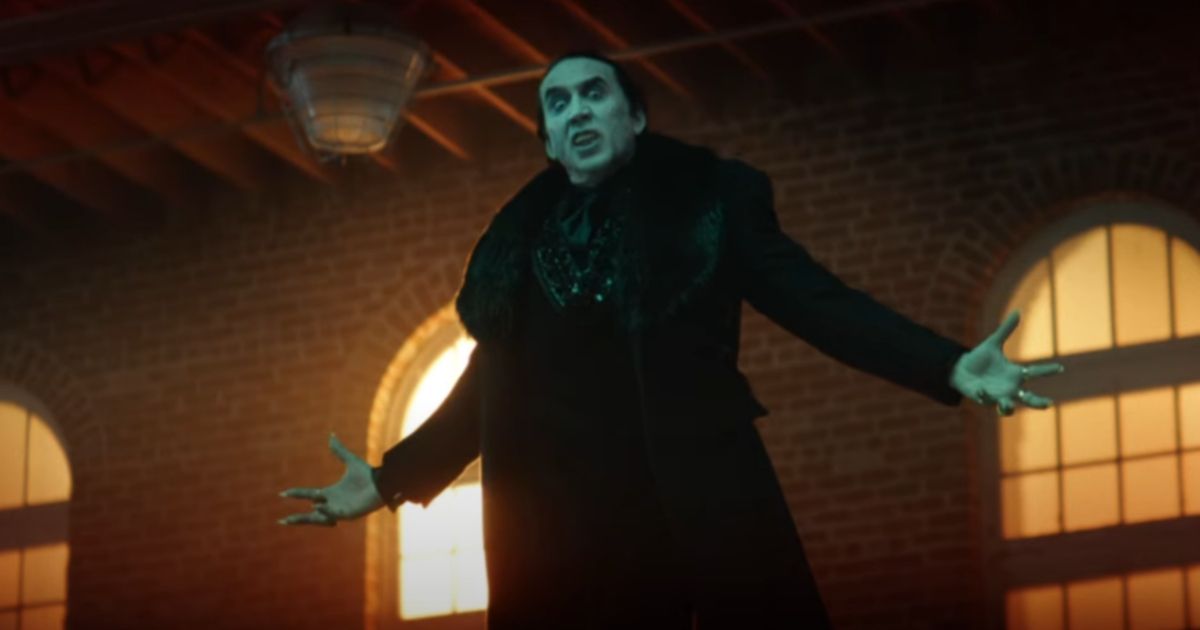
Comments
Post a Comment